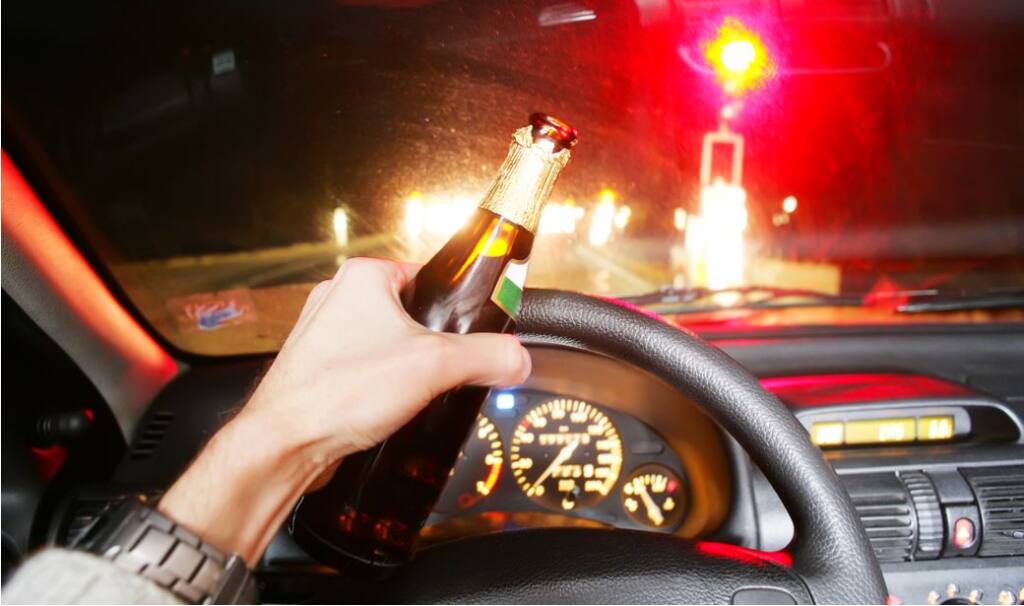DUI Charges Toronto

Facing DUI Charges in Toronto can be a challenging experience. The law surrounding DUIs is complicated and quickly evolving, leaving even some seasoned Toronto Criminal Lawyers to shy away from taking on DUI cases. In this article, a series of often misunderstood or unknown concepts or legal points will be outlined for your benefit.
Keep in mind that this article does not act as a substitute for legal advice. For your DUI Charges in Toronto, you will want to consult with a Toronto DUI Lawyer to gain insight into how your case and be defended and what your options may be.
Fact # 1 – There are More than One Category of DUI Charges in Toronto
A call from a client to a DUI Lawyer often starts with this phrase: “I was charged with a DUI and I am looking for help”.
Not all DUI cases are the same, however. There are three main types of DUI Charges under the Criminal Code of Canada:
- Impaired Operation
- Impaired Operation – Excess BAC (Blood Alcohol Concentration)
- Refuse / Fail to Provide Breath Sample
While there is legal overlap between the three charges, you will want to distinguish which charges you are facing when you are consulting with Toronto DUI Lawyers.
Fact # 2 – If You Are Found Guilty or Plead Guilty to a DUI, You Cannot Avoid a Criminal Record
DUI Charges in Toronto carry a significant challenge with them for unsuspecting individuals — there is a mandatory criminal conviction associated with being found guilty (or pleading guilty) to them. This is because there are minimum fines associated with each category of DUI. A fine is a criminal record according to the Criminal Code of Canada —- unfortunately a permanent one. So, while you may wish to avoid a criminal record in these cases, that would not be legally possible. Keep in mind that this statement only applies to findings of guilt to the three charges outlined above — if the Crown withdraws any of these, in exchange for a different offence (like careless driving), you may be able to avoid a criminal record!
Fact # 3 – Legal Consequences Begin Upon Arrest Rather than Conviction
Unlike for many other types of charges, the impact of a DUI is immediately felt. All of the following occur upon arrest and being charged:
- You will lose your licence for 90 days, for which you will have to pay an administrative fee to have returned to you
- You will have your car impounded for 7 days, for which you will have to pay the impound fees
DUI Charges in Toronto and everywhere else in Canada are serious matters, and your daily life will be impacted even if you are not found guilty of these offences

Fact # 4 – The Crown Could Amend Your Charges to Something Less Serious Even if You May be Guilty
If you are charged with DUI Charges in Toronto, there is some hope that, with the right work done, a Crown Attorney could amend the charges you are facing to a different, or set of different, charges. For example, if you are charged with a DUI for a first time, there was no accident or injury to anyone, no bad driving and you registered readings that were only slightly over the legal limit, the Crown Attorney could offer a resolution to your case for a plea to Careless Driving (which is a traffic violation), which would not lead to a criminal record.
Fact # 5 – You Don’t Have to Be “Drunk” to be Charged / Found Guilty of Impaired Driving
If you are charged with Impaired Driving, the only legal element that the Crown must prove is that your ability to operate your vehicle was at least slightly impaired by the consumption of alcohol or drugs. Slight impairment can occur, at times, with a few drinks, depending on the type of alcohol and your body type. You don’t need to be “fall down drunk” to be hit with a DUI charge. The best approach is to not drink any alcohol at all prior sufficiently prior to driving so as to avoid the risk of “slight impairment”.
Andrew Captan – Lawyer for DUI Charges Toronto
If you’re facing a DUI charge in Toronto, contact an experienced Toronto DUI Lawyer today for a free consultation at (647) 878 – 6355 or e-mail him at andrew@captanlaw.com.

